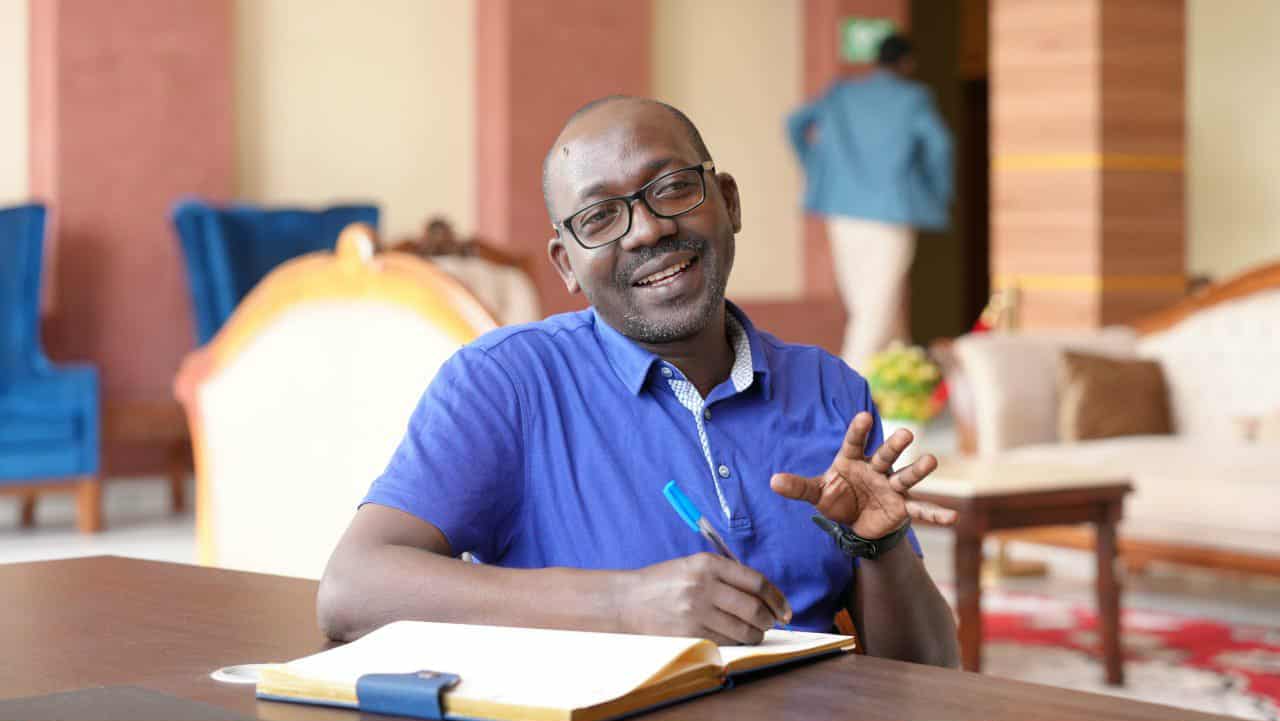
In Marsabit’s dry season, the wind carries more than dust, it carries memories of past conflicts. It recalls raided cattle, fleeing families, and the violence that flares when pasture and water run scarce.
For decades, the villages of Qoloba and Antut lived in uneasy proximity, each observing the other’s herds across invisible boundaries.
Now, under the acacia trees that once shaded tense standoffs, elders from both communities have formalised a written agreement, a resource-sharing protocol aimed at protecting grazing fields and water points that are vital to both communities.
The protocol, the first of its kind between the Borana and Gabra communities in Moyale subcounty, establishes a framework for peaceful, equitable, and sustainable management of shared natural resources.
Golbo Assistant County Commissioner Kipkeu Chelimo said conflicts often arise in areas where resources are scarce.
“The conflicts have been there for many years. They sometimes cross borders because each community seeks access to grazing land and water points. Along the way, lives have been lost,” he said.
Marsabit is a pastoralist county where livestock are central to life, providing food, income, and cultural identity.
However, prolonged drought has reduced herds, leaving some families without a single animal. Each season, pastoralists travel long distances in search of pasture, sometimes entering other communities’ grazing lands.
The county government, in collaboration with local and international partners, facilitated a process allowing communities to design their own rules for sharing resources.
The process drew on past agreements such as the Modogashe Declaration, the 2009 Dukana Declaration, which provides a framework for conflict resolution between communities in Kenya and Ethiopia, and the IGAD protocol on transhumance, which regulates cross-border pastoralist movements.
“We found it important to put into writing what already exists in their customary arrangements,” said Mamo Malate, a project manager involved in the process.
“In Moyale, the largest rangeland stretches from Qoloba to Badan-rero. During scarcity, pastoralists converge here, creating tension. Now there is a formal reference for when and how to share resources,” he added.
Traditionally, elders communicated via messengers to declare intentions to use resources in other communities’ territories. Disputes over grazing or livestock were resolved through dialogue and fines, but these arrangements were never documented, leaving no lasting reference.
For 65-year-old Gole Adi, an elder from Qoloba, memories of past clashes remain vivid. He recalls the inter-communal fighting of 2013, which resulted in deaths, property destruction, and displacement. “Many lives were lost, families displaced, and because of trust issues, no one was ready to engage with the other community. Everyone feared for their safety,” he said.
Adi did not lose family members but witnessed neighbours suffer. “It left me with a heavy heart because the loss within our community was immense,” he said.
In 2014, the National Disaster Management Authority mediated talks between the groups, a turning point for ongoing peace efforts. “Since then, there have been no major incidents, apart from a few minor disputes resolved by elders and county peace committees,” Adi added.
The process culminated in the formal Natural Resource Sharing Protocol, where elders, ward administrators, Kenya Forest Service officials, civil society, women, youth, faith leaders, and other government actors collaborated.
Together, they mapped critical resources, established seasonal access schedules, and identified environmentally sensitive areas. They also used data from local climate change committees, rangeland management committees, and the NDMA.
Challenges arose during the process, as some members feared losing land or were reluctant to cede grazing areas considered important corridors.
The final protocol covers pasture, water points, forest products, and other resources. It ensures fair and inclusive access for all community members, regardless of gender, age, clan, or social status.











